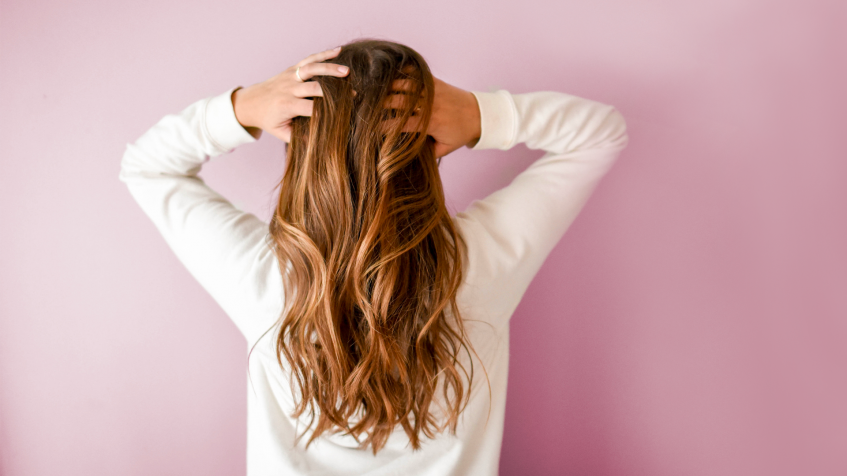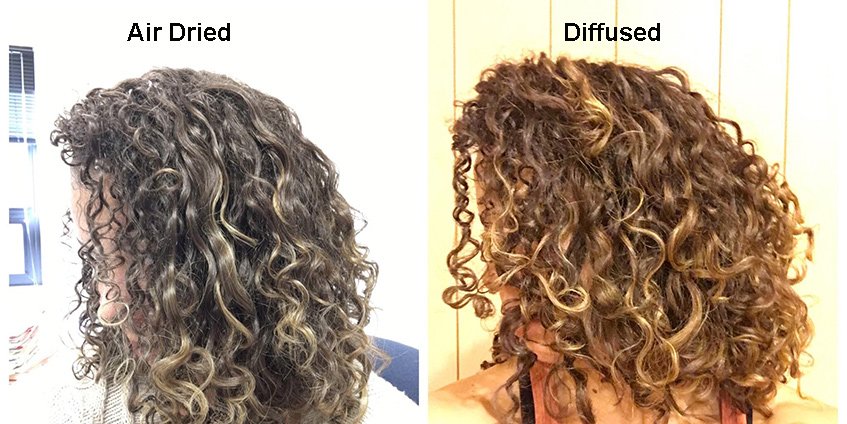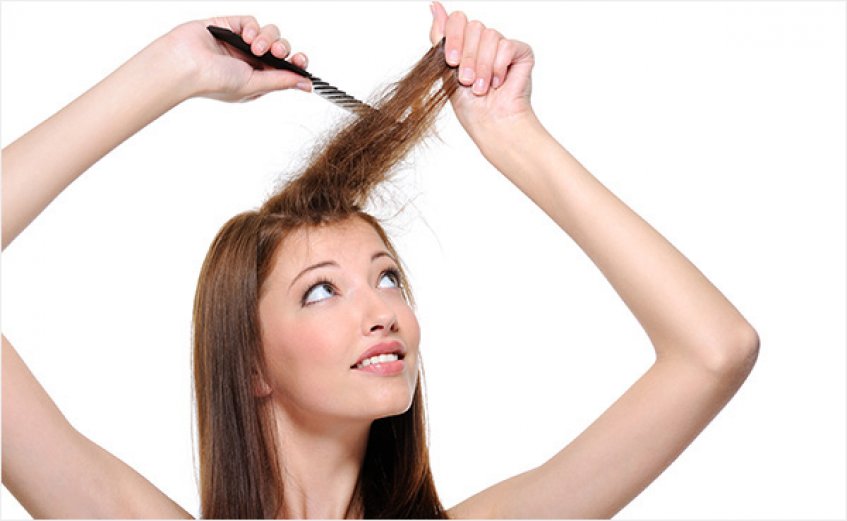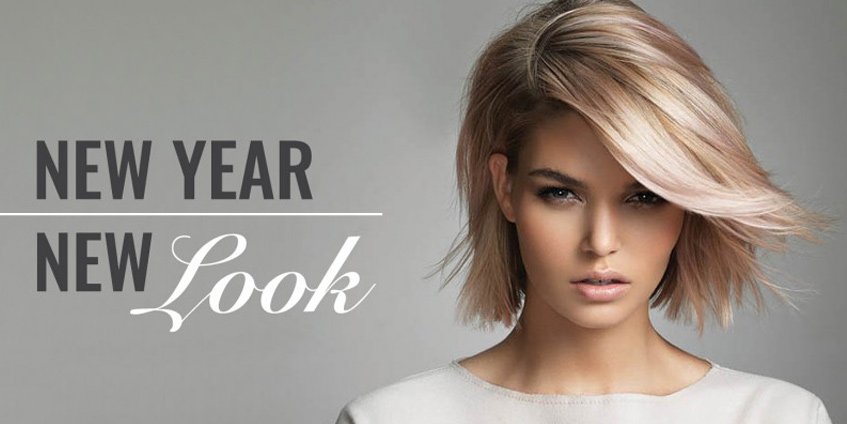The Best Foods You Can Eat For Healthy Hair
When hair looks limp, dull and lifeless, people often turn to new shampoos and conditioners for that extra oomph. But really, a poor diet could be the culprit for lackluster locks.
We notice that when a client’s hair changes, many times diet is to blame. One woman was on a doctor-ordered, low-fat diet and even two month after it ended, the stylist saw a difference.
Her hair turned very thin, very brittle, and there was no life to it. When you aren't getting a proper nutrition it … comes out through the hair.
Though there is a limited amount of science to back up our observation, eating protein and certain fats is said to help give you lustrous hair.
If you don’t have enough protein, you can end up having hair that is dry and thinner. Protein is the building block for keratin.
Meat, fish, beans, and soy will arm the body to make keratin, a fibrous protein that builds hair and nails. While omega-3 fats, found in fish, walnuts and flaxseed, help make hair shine.
Essential fatty acids are really important. People who are on really, really low fat diets have hair breaking and hair falling out.
Also important to healthy hair is vitamin D, zinc, and iron. Iron helps red blood cells carry oxygen and nutrients to the hair follicle and zinc works as a co-enzyme, helping to create the hair structure. Less is known about the role of vitamin D, but experts suspect it helps with the growth cycle.
Stress or poor diet can cause breaking and thinning hair, but when people notice a change in their hair, they might want to visit a doctor. Breaking and thinning hair may indicate anemia, vitamin D or B deficiencies, low zinc levels, or symptoms of a more serious disorder such as thyroid conditions or GI disorders, such as Crohn’s or celiac disease, when patients can’t absorb nutrients properly.
While some foods make hair strong and beautiful, eating too much of others can make hair brittle and thin.
Here's what to watch out for:
Vitamin A
While vitamin A bolsters the immune system and aids vision, overloading with vitamin A causes hair loss.
Too much vitamin A can cause you to lose the hair and vitamin A can be toxic to the hair follicles.
Sugar and Juice Cleanses
While there’s not a lot of research connecting high-sugar diets with hair loss, experts know that sugar promotes inflammation. When people eat sugar or carbs, the sugar floods the blood, causing a spike of insulin and androgens, which bind to hair follicles and cause the hair to fall out.
But bingeing on leftover sugary treats won’t lead to hair loss. It’s normally seen in people who chronically have high levels of insulin.
Share this article:






